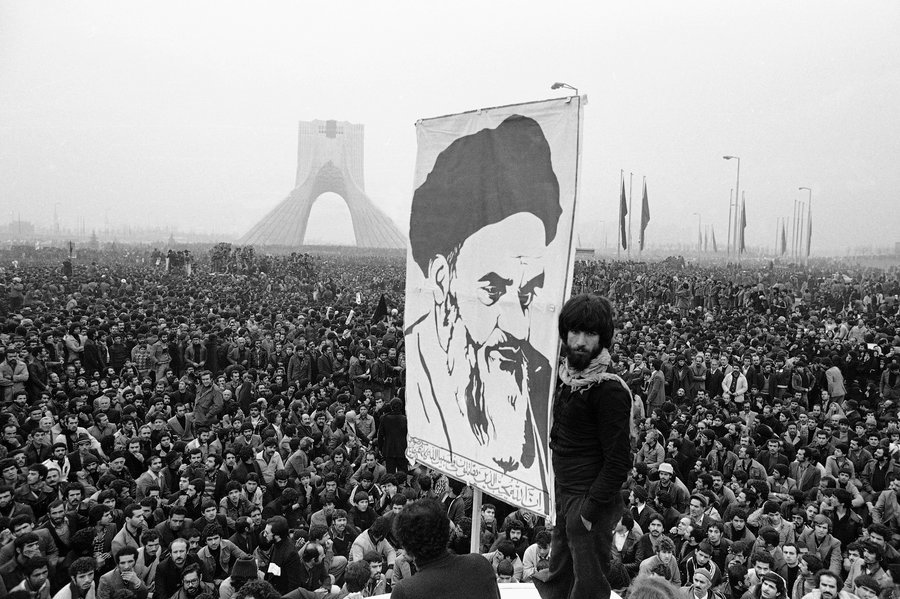Alwaght- In an article titled "US had extensive contact with Ayatollah Khomeini before Iran revolution", The Guardian has claimed that “documents seen by BBC suggest Carter administration paved way for Khomeini to return to Iran by holding the army back from launching a military coup”.
The article comes as a sequel to claims by the BBC’s Persian service that new documents imply that the late leader had clandestine relations with the US despite his adamant anti-Western stance.
The BBC’s reporting has been highly criticized by Iranian officials who see the “newly declassified US diplomatic cables” that allegedly reveal extensive contacts between Imam Khomeini and the Carter administration as attempts to derail the objectives of the Islamic Republic which include confronting imperialism and hegemony based on the values that the leader of the revolution helped spread.
Iran’s current Supreme Leader Ayatollah Sayyid Ali Khamenei, has denied the report, saying it was based on “fabricated” documents.
To contest these fabrications, one should look at the political life of Imam Khomeini. From the onset, he vowed to fight imperialism and so he did. He coined the term the Great Satan and attributed it to the US in a speech in 1979 in which he accused Washington of sponsoring corruption.
Marking the 26th anniversary of the death of his predecessor, Sayyid Khamenei reminded the crowd of this fact.
“Until the last days of his life, the Imam held the same feeling vis-à-vis America and while using the ‘Great Satan’ attribute, he believed it from the bottom of his heart.”
Indeed Imam, anti-Americanism was at the heart of Khomeini’s policies. He had rejected ties with the US government from the beginning since it had been supporting the Shah’s regime. Dealing with the US back then would have been a great insult to the principles of the Islamic Revolution. Furthermore, the US had stood by Saddam Hussein during the Iran-Iraq war in which hundreds of thousands were killed. Iran’s memory can testify to that.
However, it seems that the mainstream media, led by BBC, want to wipe the traces of this memory in order to underestimate the taboo of Iranian-US relations. Even though Tehran and Washington, along with the rest of the p5+1 members, have hammered out a nuclear deal, this does not mean that the two countries have re-initiated diplomatic ties. Since the Islamic Republic is still very much attached to the principles drawn by Imam Khomeini, they figured that altering history may help change the present. Nevertheless, the Iranians’ memory remains sharp and they are well aware of Imam Khomeini’s position toward the US government.



























